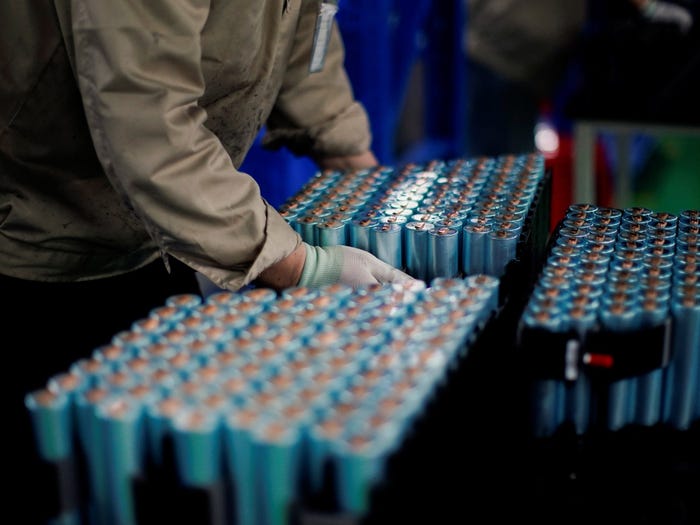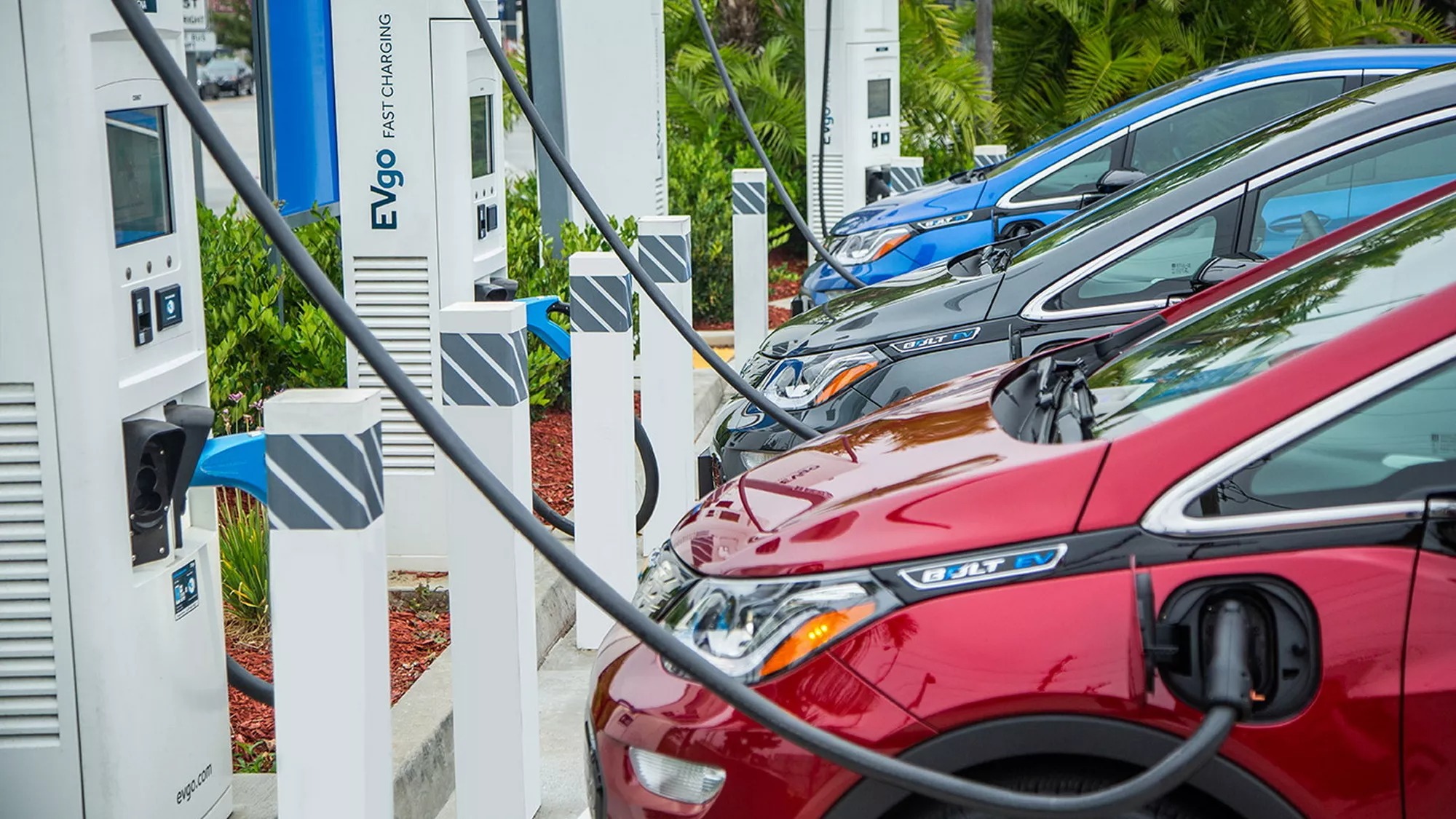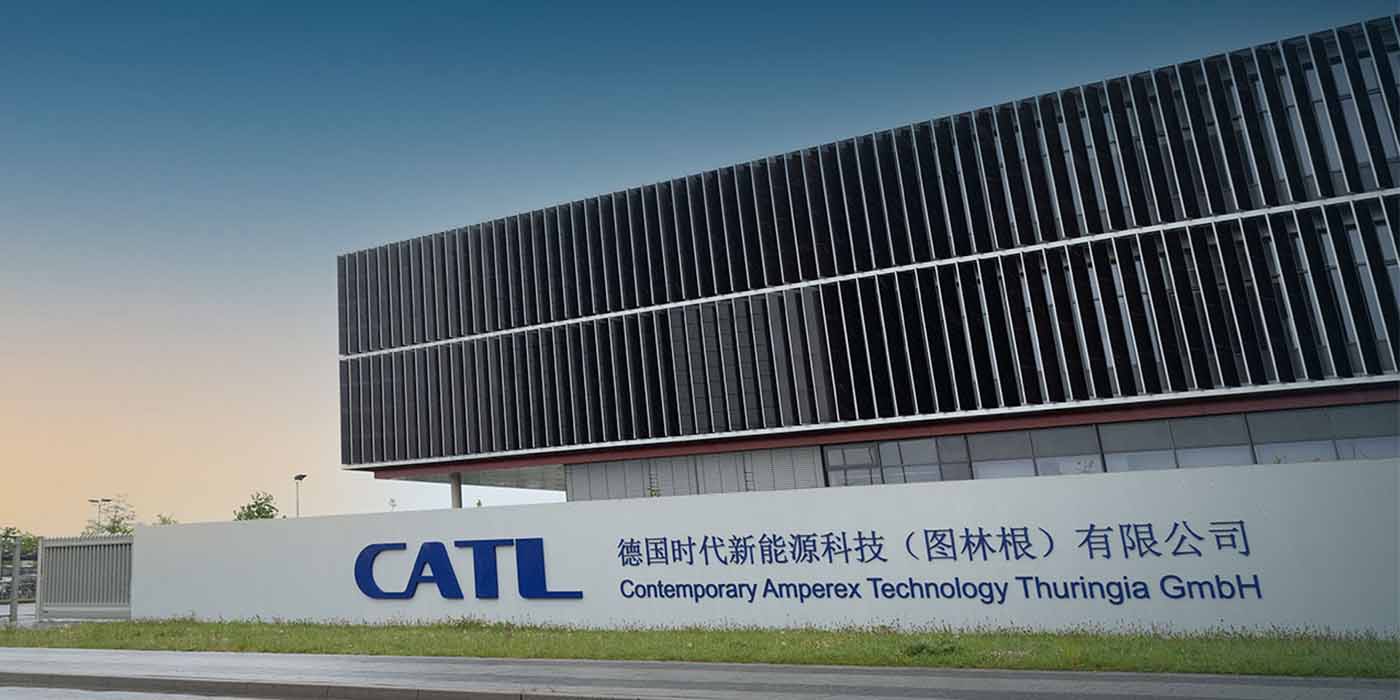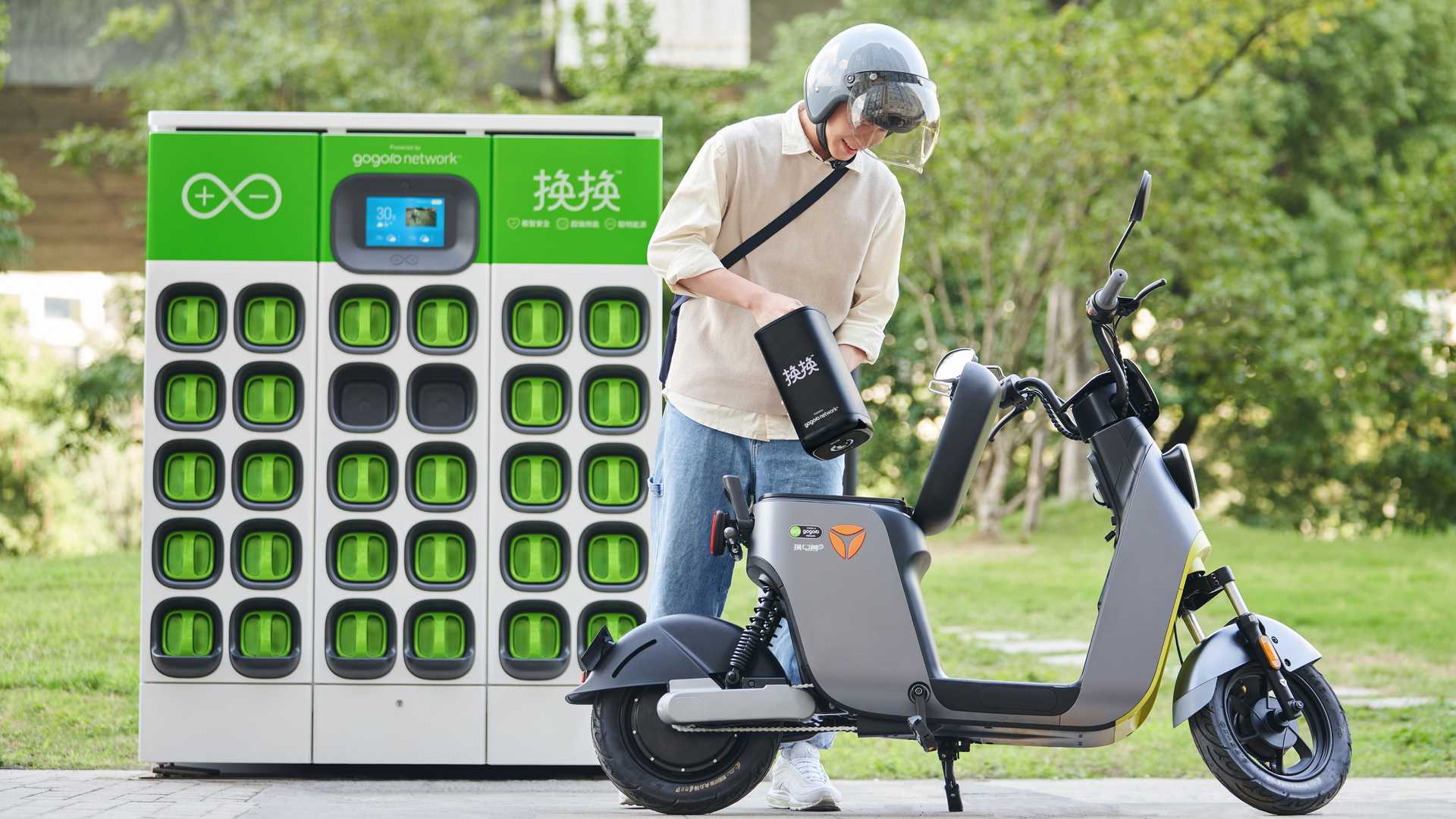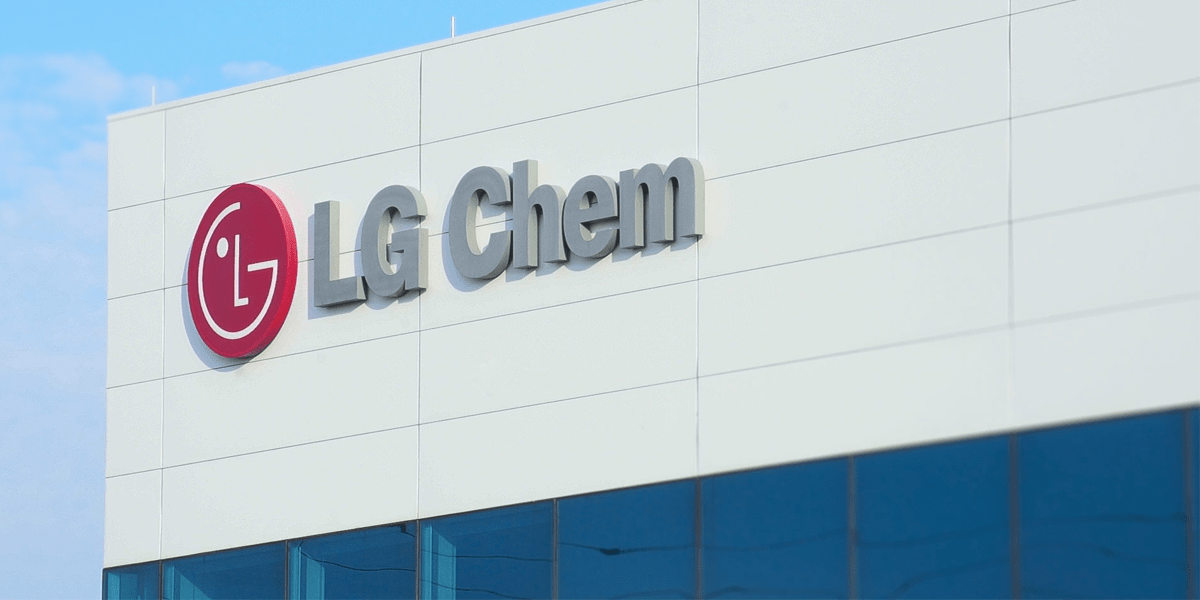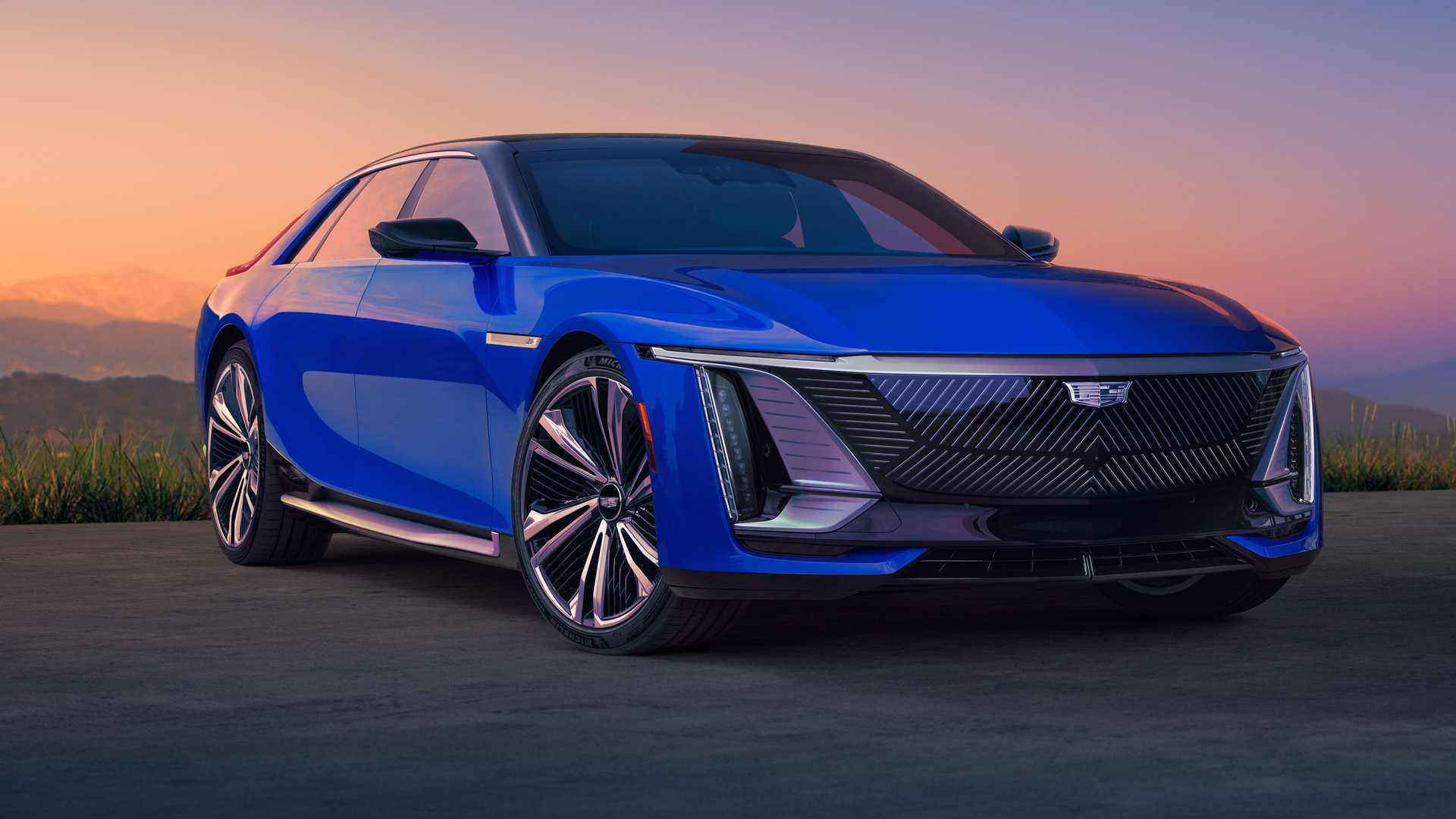Ford’s ambitious plan to establish the BlueOval Battery Park in Michigan has encountered resistance from a group of local residents. Despite the project’s potential to create thousands of jobs and facilitate the transition to electric vehicles (EVs), concerns over environmental risks and land use have prompted the formation of the “Committee for Marshall — Not the Megasite,” leading to a lawsuit against local government officials.
The committee, comprised of Michigan residents residing near the proposed site, has filed a suit in Calhoun County Circuit Court, arguing that the battery park could pose a threat to the nearby Kalamazoo River and surrounding agricultural lands. They seek to halt the rezoning of 741 acres of farming land for industrial purposes, a decision aimed at accommodating Ford’s endeavor. Unfortunately for the committee, their previous attempt to demand a vote on the rezoning decision was denied by Marshall officials due to insufficient signatures. Determined to challenge the verdict, the anti-battery site protestors have resorted to legal action.
See also: Ford Receives $630 Million in Incentives to Build EV Battery Plant in Michigan
Marshall city officials, however, remain steadfast in their support of the project. “We know there is broad community support for this project, and we remain excited about the potential of the BlueOval Battery Park to create thousands of local jobs, including jobs for young people, so they aren’t forced to leave our area to find opportunities,” stated Marshall City Manager Derek Perry in an email response to the Detroit Free Press.
The development of BlueOval Battery Park represents a significant investment for Ford, amounting to $3.5 billion. The state of Michigan is also actively contributing to the project, providing at least $1 billion in tax incentives to Ford, alongside road infrastructure funding. Despite public discontent regarding the site’s location and concerns over the utilization of Chinese battery technology by Ford, several influential local figures express dissatisfaction with what they perceive as an unfavorable agreement.
State Representative Ann Bollin, for instance, criticizes the return on investment for Michigan residents, arguing, “The people of Michigan are getting a horrible return on investment. The state is spending $1.8 billion to create 2,500 mediocre-paying jobs. That’s $720,000 per job – and most of these jobs only pay $41,600.” Bollin further highlights pressing local issues, such as deteriorating roads and substantial state debt, questioning the prioritization of a substantial financial commitment toward a single company.
See also: Ford breaks ground largest EV production complex in the company’s 119-year history
As the legal battle unfolds, the future of Ford’s BlueOval Battery Park project remains uncertain. The concerns raised by the Committee for Marshall — Not the Megasite highlight the importance of balancing economic growth with environmental stewardship and addressing the diverse needs of local communities. The outcome of this lawsuit will have far-reaching implications, determining the viability of the planned battery park and shaping Michigan’s role in the rapidly evolving EV landscape.


